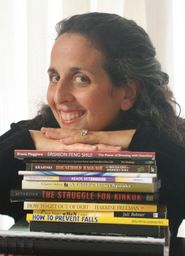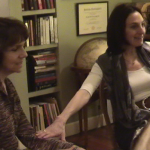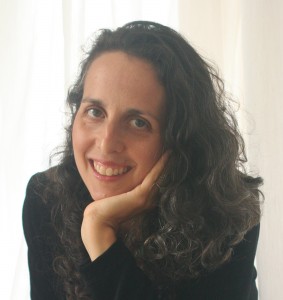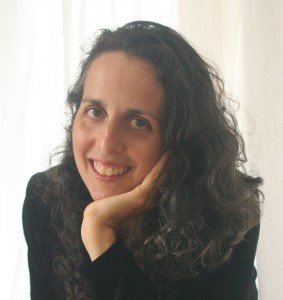
People ask me about the process of getting a literary agent. You probably know you need to submit a query (or meet an agent who says, “Yes, I want to see your proposal”), then submit your book proposal (a significant document often 50-80 pages), then wait.

But what’s it like from the inside? I asked Dr. Randy Kamen-Gredinger to share her experience of finding an agent. And some of the things her agent asked for in the process before signing.
During a course at Harvard Medical School on Writing and Publishing Creative Non-Fiction Books, surrounded by colleagues interested in learning the ins and outs of writing books and getting them published, Randy says she, “felt confident I, too, had a book in me.” She decided her book would focus on relationships.
When Randy started in my book writing course, she “hardly knew how to use a computer” by her own admission. As a psychologist with a very busy private practice, she didn’t really need to use a computer much beyond checking e-mails and Internet searches.
Entering the world of the aspiring author meant learning many new skills–not just how to structure a book and write in a compelling way. Randy quickly became skilled on her Mac, began organizing material collected throughout her career as a therapist, and created keynote addresses on a variety of topics that related to her book.

After making headway on the book, Randy wrote her proposal. Literary agent Jeanne Fredericks liked the book and saw its potential. Still she wanted to see several revisions to the proposal and a more compelling title. At a gathering of twenty-five women friends in Randy’s living room, led be a trained branding expert and facilitator, they came up with the title What Women Need: The 12 Keys to Gaining Balance and Happiness.
Jeanne requested an edited video clip of one of Randy’s speaking engagements and four chapters of her book. Nine months from the time of the initial submission, Jeanne accepted the proposal and formally became her agent.
Was it time to submit the book to publishers? No. Her agent advised her to continue building her platform and become a “thought leader” in her field as she continued to write her book. She developed a presence on Facebook and Twitter, gave an occasional radio interview and returned to the lecture circuit after a many year hiatus. (At one point she had shared the lecture platform with greats like Dr. Herbert Benson, Jon Kabat-Zinn and Joan Borysenko).
With the help of a dear friend and savvy internet marketer, Alan Bergstein, Randy built a new website and blog.
Response to this site about a wide range of women’s issues far exceeded expectations. Jeanne thinks the site will be an important feature in the selling and success of What Women Need.
Randy admits, “The process of writing my book became a much bigger deal than I ever imagined. It’s been an amazing, and sometimes frustrating, journey. Building my platform with speaking engagements, writing for various publications, building my website and blog, creating videos for YouTube (and next webinars) continues to bring all kinds of wonderful and unexpected surprises. The deeper I go down this path the more compelling it becomes.
“Developing the website is especially fulfilling because it all of the other elements. Though still in its infancy DrRKG.com has become the umbrella of all the other activities going on in my professional world. It continues to evolve.
“As a psychologist I have been somewhat constrained by the confidential component of my work. Expanding my horizons as a speaker, writer and coach have given me a venue for reaching a much greater audience and making a difference on a larger scale.”
While it may seem a bit frustrating for aspiring authors to do so much up front work, the platform building and advance preparation means that, when your book comes out, you’ll have pent up demand for your book and you won’t be rushing to catch up and create an audience from nothing. Can’t you just see those books flying off bookshelves and virtual shelves?











